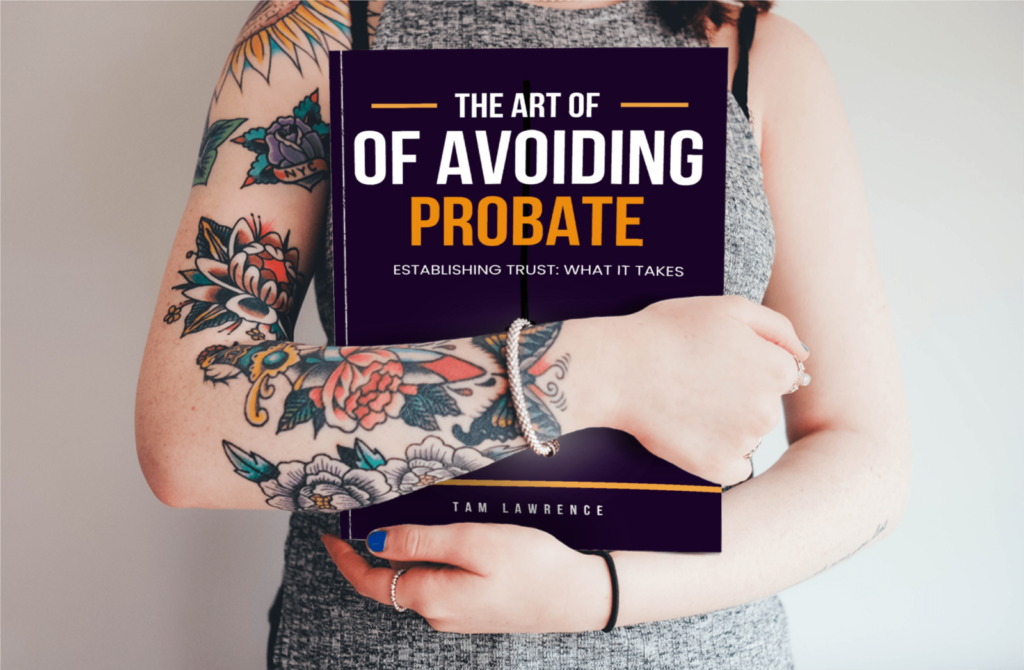What is the #1 thing with the POWER to Destroy a Family?
Written by Tam Lawrence
brought to you by Kare Facts a humanitarian effort working to provide proactive solutions.
The death of a loved one, particularly when it involves an elder or primary provider, can create profound rifts within a family. Often, these key figures serve as the familial glue, and their passing not only brings grief but can also precipitate chaos and conflict, especially over inheritance matters. This turmoil is exacerbated when the deceased did not leave clear instructions regarding their last wishes.
The emotional toll of arranging a funeral is substantial, but the complexities of estate settlement can transform mourning into a battleground over assets. Disputes frequently arise when individuals believe they are entitled to more, or when some relatives are left out entirely due to the lack of a will or clear directives. The case of the Queen of Soul, Aretha Franklin, is a poignant example; her failure to leave definitive legal instructions resulted in each heir needing to petition their local state probate court.
This process often involves hiring attorneys and possibly private investigators to ensure all assets are accounted for, further complicating matters if there is no will or trust in place. Probate courts typically appoint an administrator to identify and settle with creditors before any assets can be distributed to heirs. During this time, the ‘court crew’—including lawyers and court officials—accumulate billable hours, often necessitating the sale of possessions to cover these and other related costs. Ultimately, the heirs may receive only the remnants after all debts, legal fees, and court costs have been paid.
Moreover, such situations can inflict lasting trauma on families, tearing apart relationships over disputes that could have been avoided with proper planning. It is not uncommon in African American communities, where generational wealth transfer is less prevalent, for families to be left reeling from the double impact of grief and financial strife.
As the aging population grows and the complexities of elder care and estate management become more pronounced, coupled with health risks from dietary choices, the inevitability of death looms larger. It is crucial, therefore, to organize one’s affairs meticulously.
In light of these realities, every individual, particularly those with dependents or significant assets, must prioritize estate planning. This includes drafting a will, setting up trusts where appropriate, and ensuring that all potential legal and financial issues are addressed proactively to spare their families from unnecessary hardship and discord after their departure.









